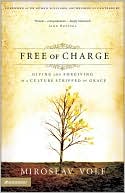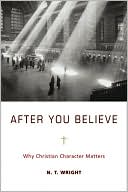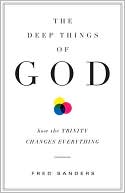" So I turned to consider wisdom and madness and folly. For what can the man do who comes after the king? Only what has already been done. Then I saw that there is more gain in wisdom than in folly, as there is more gain in light than in darkness. The wise person has his eyes in his head, but the fool walks in darkness. And yet I perceived that the same event happens to all of them. Then I said in my heart, “What happens to the fool will happen to me also. Why then have I been so very wise?” And I said in my heart that this also is vanity. For of the wise as of the fool there is no enduring remembrance, seeing that in the days to come all will have been long forgotten. How the wise dies just like the fool! So I hated life, because what is done under the sun was grievous to me, for all is vanity and a striving after wind." (Ecclesiastes 2:12-17, ESV)
The Preacher found pleasure-seeking and success to be futile in his search for significance. He now considers a further option, wisdom. It is an unmistakable experiential law that some people ruin their own lives with foolish choices. The quality of life between those who make wise choices and those who make foolish ones is obvious to all. Thus, it may seem logical to conclude that meaning is found in living wisely. Be a decent citizen, don’t ruin yourself with addictions, care for your family, be a hard worker; act wisely. And the wiser you are with your time, resources, talents, opportunities, etc., the better. This thought, however, is curbed by the one great and ultimate nullifier - death. The fool and the wise encounter the same ultimate fate.
It has become somewhat popular to look for meaning without bothering with immortality. Living for immortality or in light of immortality is often seen as escapist or even selfish. Those who hold to immortality, it is said, are moral only for some prize in the great beyond. They act in love not because they love, but for their own private eternal good. Indeed, the hope of immortality is often characterized as irrelevant, disconnected from the here and now. But the Preacher’s observation runs precisely opposite. Without immortality you only have mortality. No brainer, I know, but no matter how you look at it you’re going to die. The great end is coming to you whether you’ve wasted your life or lived it to the fullest. Therefore, it isn’t immortality that makes a person irrelevant. On the contrary, it’s mortality that makes the universe irrelevant.









No comments:
Post a Comment